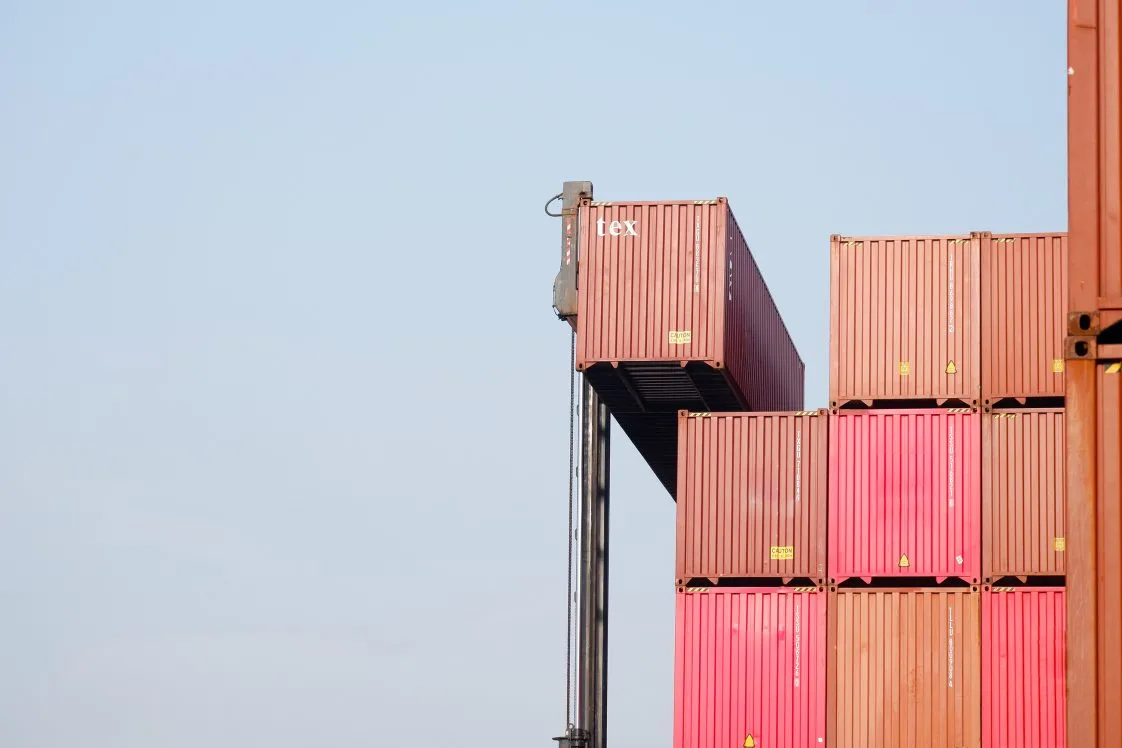What Changes to Mexico’s Textile Tariffs and IMMEX Program Mean for Apparel Brands

Mexico’s President Claudia Sheinbaum took action to change duty-free apparel imports in December 2024. The changes, sometimes referred to as Mexico’s “IMMEX apparel import ban”, were created via a December 19 presidential decree. They have left many US eCommerce apparel retailers looking for ways to mitigate disruption. The decree increases tariff rates from 20-25% to 35% for 138 tariff categories (primarily apparel) and from 10% to 15% for 17 tariff categories (primarily textiles). Plus, many apparel products are now excluded from Mexico’s Manufacturing, Maquiladora, and Export Services Industry (IMMEX) program, which allowed for duty-free imports.
Under the IMMEX program, foreign companies are allowed to import products into Mexico for manufacturing or assembly before exporting them—all without incurring tariff fees. Mexico’s officials justified the presidential decree as means to protect the country’s own apparel industry and combat unfair competition.
Who is Affected by Changes to the IMMEX Program?
The IMMEX program enables low-cost cross-border operations between Mexico and the US. Apparel companies use the program to import goods to Mexico duty-free and then export to the US via de minimis provisions (also called Section 321 provisions). That saves the brands significant labor and tariff costs.
December’s presidential decree causes disruption for apparel brands relying on warehouses and fulfillment from Mexico to the US. Tariff increases and IMMEX program exclusions mean that there are few reasons for apparel brands to export via Mexico. Brands must still answer a key question, however: How can they still deliver the products US consumers want in a timely and cost-effective manner?
What Apparel Retailers Can Do
Apparel retailers must now reassess their supply chain strategies and seek new eCommerce fulfillment options to mitigate disruptions. They need to reassess operations and prepare communication plans for their customers. Many brands will consider one of four strategies:
- Shift manufacturing to Mexico. Ultimately, IMMEX program changes are designed to shift sourcing and manufacturing to Mexico. Brands can assess whether to relocate their product sourcing and manufacturing to Mexico over time to reduce tariff costs. Supply chain diversification takes time, however. Per a Bain survey, 81% of companies plan to bring supply chains closer to home markets over the next three years. The process will be challenging, however. Only 2% of respondents have completed onshoring or nearshoring plans.
- Continue to import goods into and export goods from Mexico. Brands can continue importing and exporting goods through Mexico and incur significant tariff costs they weren’t paying before. While the least likely option for many brands, labor costs continue to be lower in Mexico than in surrounding nations. This may be the only short-term strategy for some brands as they redistribute inventories and reassess their logistics networks.
- Shift fulfillment to Canada. Apparel brands can shift products to Canada, where Section 321 still reduces tariff costs for exports to the US. Brands will then need to determine how best to set up and operate a fulfillment network, or work with a Canadian third-party logistics (3PL) provider.
- Shift fulfillment to the US. Some brands may elect to import products directly to the US for fulfillment and incur tariff costs. Brands benefit from fast delivery options and more control over fulfillment operations, while avoiding Mexico’s increased tariffs. This strategy may require partnering with US 3PLs to mitigate labor and facility shortages.
How Radial Can Help
Retailers don’t have to navigate these tariff changes alone: Radial can help. Apparel brands can work with a trusted 3PL partner like Radial to manage uncertainty and relocate inventories to our US fulfillment network. With over 30 years of experience in order fulfillment, as well as innovative payment solutions, Radial can proactively design solutions to mitigate disruptions, reduce costs, and meet high customer expectations.
Learn how Radial can help you with your eCommerce fulfillment.
